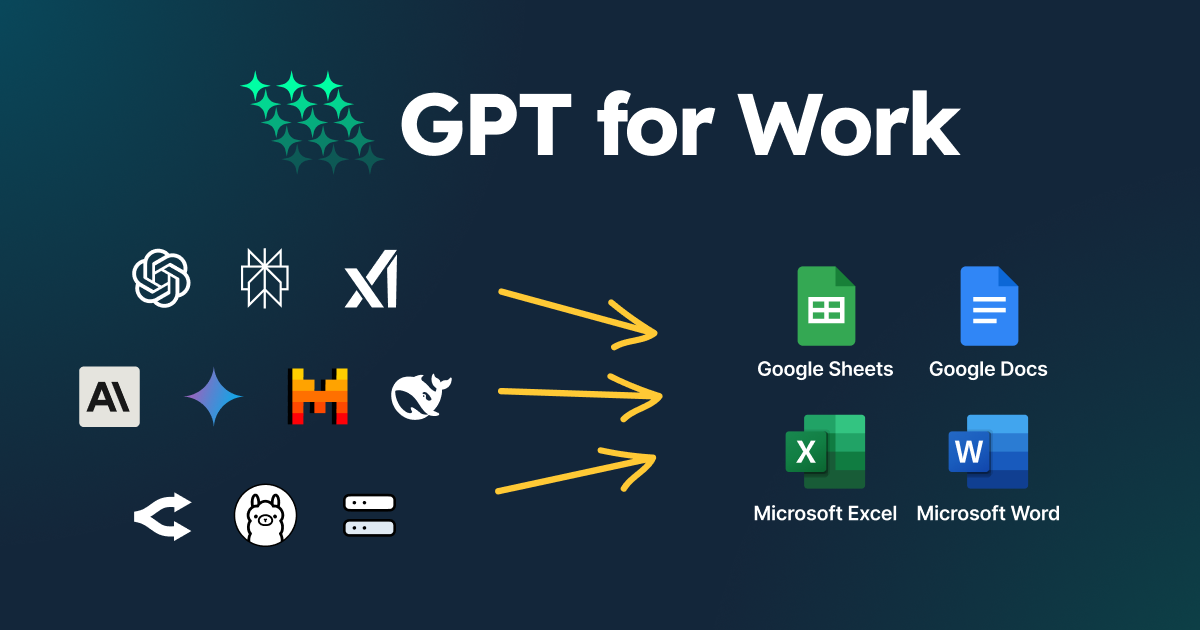Will millions of tax filers and small business owners trust personalized advice from A.I.? CEO Sasan Goodarzi is betting the future of his company that they will.

finance.yahoo.com
Intuit cut hundreds of jobs and spent at least $20 billion in a massive bet on AI. Today the company is revealing its new virtual assistant
21
Geoff Colvin
September 6, 2023·7 min read
Significant Event | 3d

Intuit Reaffirms First-quarter and Fiscal 2024 Guidance
[/LIST]
When he was running
Intuit’s TurboTax and QuickBooks businesses, Sasan Goodarzi had a startling realization: No matter how much work the company put into helping people calculate their own taxes or keep their own books, they didn’t really want to do those things at all.
“I realized that building out a platform for our customers to do the work was not actually the future,” he recalls. “The future was, it’s done for you.”
The light bulb moment spurred Goodarzi, who became CEO in 2019, to lead the company into a massive strategy reset putting AI at the center of the business. The revamp has included two major acquisitions
costing $20 billion in total, firing hundreds of employees, and investing heavily into AI, years before the technology made a blockbuster debut into the public consciousness.
The company has been incorporating elements of AI into its business for years, but its first major stand-alone A.I. product for consumers, called
Intuit Assist, debuts today. It’s embedded into products including TurboTax, Credit Karma, QuickBooks, and Mailchimp, and the company says it can do everything from foreseeing a looming cash crunch at a small business to creating and executing an email marketing campaign. Goodarzi believes that an early gamble on AI, along with a massive trove of data, is a winning strategy to extend the company’s domination of tax and accounting software for individuals and small businesses. And he has quite literally bet his entire company on the idea that millions of people will trust an AI service to recommend specific, personalized business decisions.
“At the end of the day, there are certain decisions you have to make,” Goodarzi says. “And the decision I made was, as a team, we’re going to bet the company on data and AI."
A big bet on big data
Intuit has a long history of changing with the times.
The company launched in 1983 with personal finance software called Quicken. Specialized PC software was hot back then, but Intuit’s peers from that year (Flexidraw, VisiCalc) are long gone. It has outlived them all by continually disrupting itself to meet the advent of
Microsoft Windows, the internet, mobile devices, and other revolutionary innovations that competitors couldn’t handle.
Today the company is best known for creating TurboTax, the bestselling tax prep software, and QuickBooks, the No. 1 accounting software for small and medium-size businesses. Since the company went public in 1993, the S&P index has risen 902%, and the
Nasdaq has risen 1,940%. Intuit stock is up 23,190%. Most of the Wall Street analysts covering the stock rate it a Buy. None rate it Underweight or Sell.
Despite Intuit’s history of constant transformation, when Goodarzi decided to put AI at the center of its business model in 2019, not all of his top lieutenants agreed. “It was a big debate,” he recalls. “Five years ago, putting AI at the core was hard to see. You had to have a belief.”
The deciding factor in that decision was the company’s incredible trove of data—something that AI needs to train, and what enables the company to give detailed financial recommendations tailored to each customer. “AI is really useless if you don’t have vast data and clean data,” Goodarzi told
Fortune three years ago. Speaking more recently, he said that when it came to a new strategy, “the decision I made was, we’re going to bet the company on data and AI.”
Intuit already had data from its 57 million customers, which gave it a significant advantage when it came to financially focused AI. Then in 2020, Goodarzi
bought Credit Karma, a personal money management platform, for $8.1 billion. That brought in 110 million consumers and their financial data. And in 2021 he
bought Mailchimp, a marketing platform, for $12 billion. That brought in 10 million more customers and their data.
“Everybody wants to talk about how great their data is,” says Jackson Ader, a MoffettNathanson analyst who covers the company. “But Intuit’s dataset, on the consumer side or small-business side—it’s second to none.”
Amid these acquisitions and a strategy shift, Goodarzi made an unprecedented move in 2020—
firing 715 employees, the first mass layoff in the company’s history. Moving AI to the core was going too slowly, Goodarzi felt, and Intuit’s
ambitious reskilling program couldn’t work fast enough. He replaced the departing workers with over 700 new ones, largely people with AI skills. “We were starting to see momentum in our bets around data and AI,” he says, “but we knew we didn’t have the talent at the level that was needed to accelerate what was possible. We took those dollars and reinvested them in the craft skills we needed.”
Goodarzi’s grand goals
Intuit says the generative AI–powered assistant it introduced today will offer personalized analyses and recommendations for anyone who runs a small business, files their taxes, manages finances, or markets products and services.
For example, besides warning a small business of an impending cash crunch, Intuit says it can now create an email marketing campaign—strategy, images, words, which customers to target—analyze the results, and recommend next steps. The company says it can also give personalized recommendations to a consumer who lives paycheck to paycheck and confronts an unexpected expense, or help an entrepreneur get started, importing data from the entrepreneur’s website and taking on day-to-day chores such as sending invoice reminders to customers.
Intuit has a long AI head start against its competitors including H&R Block, Cash App, TaxSlayer, Xero, FreshBooks, and others. The company is hoping its early investment will produce a network effect, in which good AI-generated recommendations attract more customers, bringing in more data, improving the company’s products, therefore attracting more customers.
But the release of OpenAI’s ChatGPT last November raised the fear, at least among investors, that the company had been ambushed. Who would need Intuit’s AI products if anyone could ask free or low-cost generative AI to do almost anything? The fear deepened when OpenAI introduced GPT-4 three months later and
demoed its ability to calculate taxes—calling the system TaxGPT and asking it to answer the tax problem of a fictional couple, to show how it arrived at its answer, and, as a flourish, to write a rhyming poem summarizing it all (“To calculate their tax, it’s true/A standard deduction we must construe…”).
The fears are unwarranted—for now. GPT-4 can read the tax code, but it can’t give personalized recommendations because it doesn’t have Intuit’s massive proprietary dataset. GPT-4 is “more friend than potential threat” to Intuit, says Ader, because Intuit “has the data—that is what they have in spades.”
Investors seem to like Intuit’s A.I.-powered strategy to date. The stock has far outperformed the S&P and Nasdaq since Goodarzi took the helm. But he feels certain his controversial call of five years ago has a long way yet to play out. His goals are broadscale: to double the savings rate of customers on Intuit’s platform by 2025 (the U.S. personal savings rate was
3.5% in July) and to increase the success rate of small and medium businesses on the platform by 20 percentage points by 2030 (about 50% of new businesses
fail in the first five years). As for the company itself, Intuit expects its revenue to increase 11% to 12% in the fiscal year ending July 31, 2024, and expects earnings per share to increase 11% to 15%.
Goodarzi considers A.I. a general-purpose technology as transformative as electricity and the internet. “We are at the beginning of the journey with A.I.,” he says. “In the next five to 10 years it will create new economies and destroy some economies, will create new experiences, fuel new company growth, and make certain companies go out of business.”
This story was originally featured on
Fortune.com



